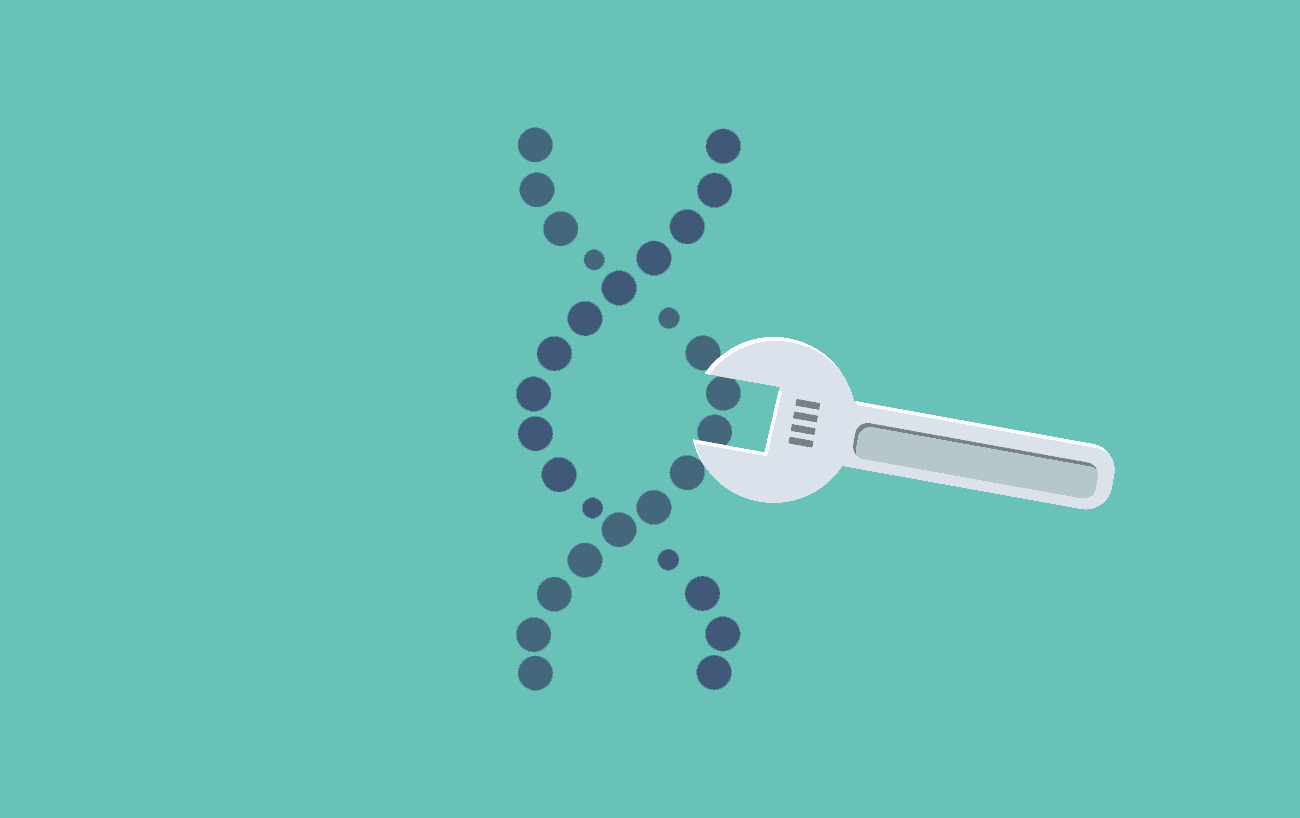CRISPR Introduction
CRISPR-Cas9 gene editing, found in nature as a bacterial immune defence mechanism, was first harnessed by scientists as a laboratory tool in 2012 to knock out or mutate genes of interest.(1,2,3) This ground-breaking technique is now commonly used on cell lines to monitor the effects of specific mutations or the function of a specific gene. Presently, gene knockout kits are commercially available. However, this technique has not been without controversy. The great potential for misuse was highlighted in 2018, when a now widely condemned Chinese scientist, edited human embryos. As a result, two genetically engineered baby girls are born.
CRISPR-Cas9 Aiding Cancer Research
A recent publication in Nature written by an international collaboration between the Wellcome Sanger Institute, EMBL-EBI, GSK and Open Targets partners demonstrate the many benefit of CRISPR-Cas9 . This large CRISPR screening study involved the disruption of every gene in 324 cancer models from 30 cancer types. Nearly 20,000 genes were disrupted in the study and the data concerning cancer cell vulnerabilities used to rank 600 genes as potential drug targets(4). Of particular interest, was the Werner syndrome ATP-dependent helicase (WRN). Cancer cells with faulty DNA repair pathways (microsatellite unstable cancers) requires WRN. It is feature in multiple different cancer types including some colon and stomach cancers.
In collaboration with the Broad Institute of MIT and Harvard (USA), the group are producing a Cancer Dependency Map.(5) Dr Mathew Garnett, the co-lead author from the Wellcome Sanger Institute and Open Targets(6) described the aims of the Cancer Dependency Map, “The Cancer Dependency Map is a huge effort to identify all the weaknesses that exist in different cancers so we can use this information to empower the next generation of precision cancer treatments”. Ultimately, we hope this impacts on the way we treat patients, so many more patients get effective therapies. In the meantime, this tool will be freely available for scientists across the world to understand what makes a cancer a cancer, and how we might target different types of cancers much more effectively than we do today.”
Conclusion
Overall, knowing which proteins to target to effectively destroy cancer cells is vital information for those wishing to develop cancer treatments. Moreover, not only can CRISP-Cas9 gene editing be used for the screening of potential gene targets, It can also be used in the therapy itself. Currently, there are clinical trials underway in the US using CRISPR to enhance the effects of CAR-T cancer therapy in two patients.(7)
Contact Sharon Craggs, our Technical Analyst for more information.
References and further reading:
- Jinek, M. et al (2012) A programmable dual-RNA-guided DNA endonuclease in adaptive bacterial immunity. Science. 337 (6096):816-821.
- Cong, L. et al (2013) Multiplex genome engineering using CRISPR/Cas systems. Science. 339 (6121):819-823.
- Mali, P. et al (2013) RNA-guided human genome engineering via Cas9. Science. 339 (6121):823-826.
- Behan, et al (2019) Prioritization of cancer therapeutic targets using CRISPR–Cas9 screens. Nature 568, 511-516
- Cancer Dependency Map at Sanger
- Open Targets
- https://clinicaltrials.gov/ct2/show/NCT03399448?term=Crispr&rank=6




